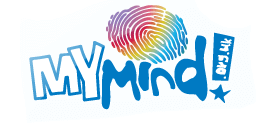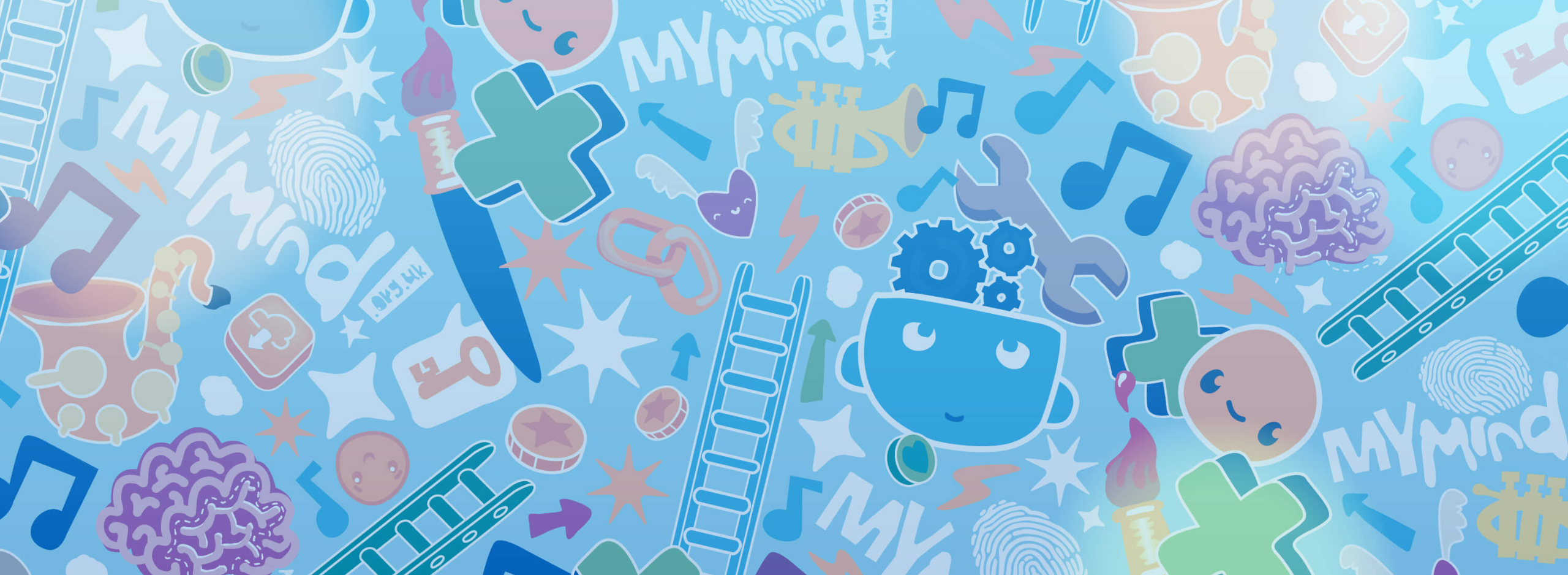Your child's behaviour will change as they grow and develop; this is particularly so during their teenage years, when their social relationships and hormones are changing.
Understanding this, but at the same time noticing when these behaviours become a concern, can be difficult.
The reasons why a child needs help might be to do with how they're thinking and feeling and/or how they're affected by things that are happening around them. This could be to do with difficulties at school such as exam pressure, bullying or moving to a new school, or it could be a response to difficulties at home such as family separation, moving house, bereavement, or health difficulties of family members.
Children can sometimes find it hard to speak to the people that are closest to them. This is often because they don't want to worry or upset them, or it might be because they're trying hard to be grown up by coping alone.
Because of this, it might be that you find out that your child is having difficulties by noticing signs, rather than your child speaking out and sharing their worries with you. Examples of changing behaviour might include:
Outward behaviour such as:
- Falling behind at school or college
- Refusal to go to school or collage
Being more:
- Aggressive
- Disruptive
- Challenging
Inward behaviour such as being more:
- Quiet
- Uncommunicative
- Anxious
- Depressed
- Not mixing with friends
- Not eating
If you start to feel concerned about your child’s behaviour, or if you notice behaviour that is unusual to them, try speaking to your child first. This will help you better understand what’s happening for them. As parents or carers, being aware of times in your child’s life and situations that might cause added pressure, and letting them know that you are there to listen and support them, might be all the help they need.
But if you find that this isn’t enough and that their difficulties start to get in the way of their lives, then there is help available for you and your child. Try talking to your child’s doctor, school nurse, or their social worker (if they have one). They can help you to decide if your child might need extra help. If they think CAMHS are the best people to help, then they will ask for us to see you and your child.

